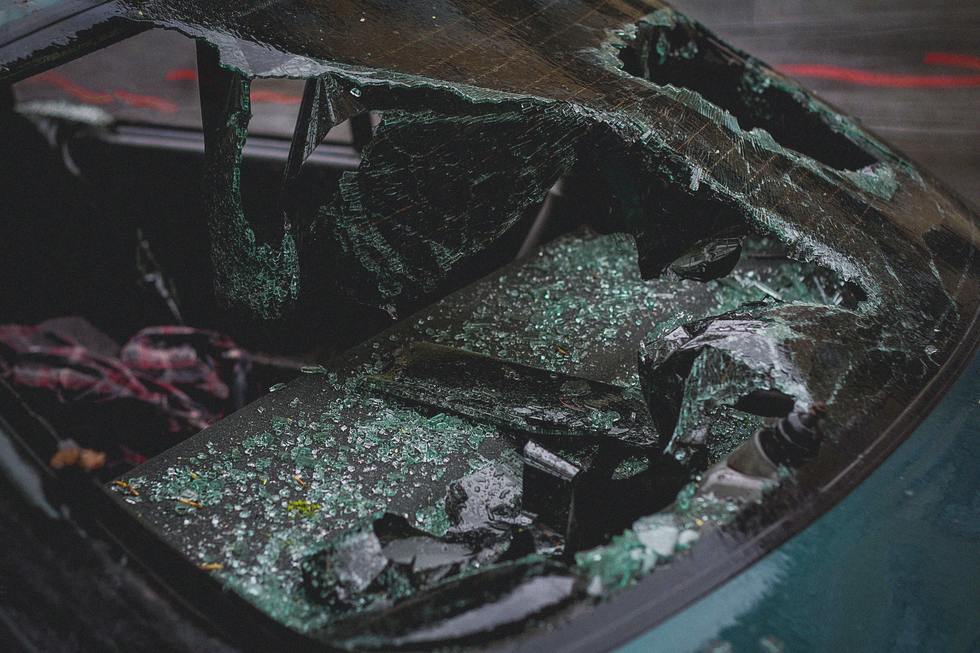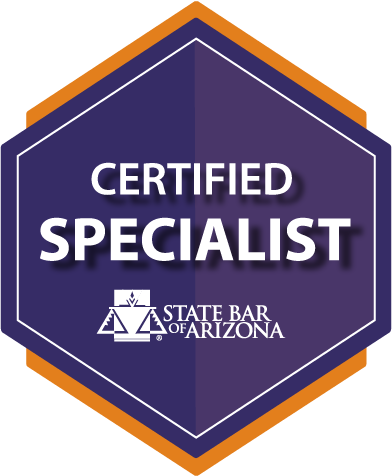Flagstaff Property Crime Lawyer

Flagstaff Property Crimes Attorney
Crimes Against Property, or Property Crimes, are crimes with the intention of acquiring money, property, or some other value. In some cases, like burglary, this may include the use or threat of force.
Crimes Against Property are divided into the sub-groups of destroyed property and stolen property.
OUR LEGAL TEAM PROVIDES EFFECTIVE AND EXPERIENCED COUNSEL FOR:
- Arson: Arson is defined by Arizona Revised Statutes (A.R.S.) §13-1703(A) as: “A person commits arson a of a structure or property by knowingly and unlawfully damaging a structure or property by knowingly causing a fire or explosion.”
If the structure is unoccupied then the amount of damage determines what level of crime a person can be charged with. If the damage is more than $1,000 in an unoccupied structure or property then the charge is a class 4 felony. If the property value is more than one hundred dollars but less than one- thousand dollars then the person may be charged with a class 5 felony. If the damage is less than one- hundred dollars then it can be charged as a class one misdemeanor.
These charges can get significantly more severe if the structure or property is occupied. If so, the charges are generally governed by A.R.S. §13-1704. If there is a person in the structure, then the charge can become a class 2 felony. These charges are often brought in conjunction with additional charges such as Aggravated Assault, Manslaughter or Murder depending upon if the person in the structure is injured or suffers death due to the fire.
- Burglary: is defined by common law as the breaking and entering of the dwelling house of another with the intent to commit a felony therein. Under Arizona Revised statutes it is more broadly defined and there are three different levels to Burglary.
Third Degree Burglary: is defined as, “Entering or remaining unlawfully in or on a nonresidential structure or in a fenced commercial or residential yard with the intent to commit any theft or any felony therein (think Walter White and Jessie Pinkman stealing the methylamine from the storage facility to make ‘blue meth’). This can also be completed by, “making entry into any part of a motor vehicle by means of a manipulation key or master key, with the intent to commit any theft or felony in the motor vehicle.” Third-degree Burglary is a class 4 felony.
Second Degree Burglary: A.R.S. §13-1507 defines burglary in the second degree as, “entering or remaining unlawfully in or on a residential structure with the intent to commit any theft or felony therein.” Punishments for second-degree burglary is a class 3 felony.
First Degree Burglary: A.R.S. §13-1508 defines first-degree burglary as, “if such person or an accomplice violates the provisions in sections 13-1506 or 13-1507 (second or third-degree burglary) and knowingly possesses explosives, a deadly weapon or a dangerous instrument in the course of committing any theft or felony.
If this act is committed on a non-residential structure, fenced commercial or residential yard it is a class 3 felony. If it occurs on a residential structure, then it is a class 2 felony.
Each of these is also what is known as, a “predicate felony.” If a person commits one of the previously described felonies and a victim dies during the commission of the felony the suspect may be potentially charged with felony murder under A.R.S. §13-1105(A)(2). Felony murder is treated like first-degree murder in the State of Arizona and carries with it a maximum punishment of life imprisonment or the death penalty.
- Criminal Damage: is defined by A.R.S. §13-1602. It generally has to do with defacing, damaging, tampering, recklessly or intentionally with utility property and can range in punishment from a class 4 felony to a class 2 misdemeanor. Generally, the severity of the charges is predicated on the amount of damage caused and what the damage was caused.
Aggravated Criminal Damage: Aggravated Criminal Damage is a more severe form of criminal damage and is defined under A.R.S. §13-1604. Aggravated Criminal Damage has much more to do with the type of location in which the damage occurs. These typically include locations such as religious places of worship, school or education facilities, cemeteries, mortuaries agricultural infrastructure, or property in an effort to obtain nonferrous metals. If damage to any of these locations occurs in excess of ten thousand dollars it may be charged as a class 3 or class 4 felony depending on the circumstances. If the damage is more than five hundred dollars but less than ten thousand dollars it may be charged as a class 4 or 5 felony depending on the circumstances. In all other cases, the charges can be charged as class 5 or class 6 felonies.
- Criminal Trespass: There are three levels or degrees of criminal trespass.
Third Degree Criminal Trespass: is defined under A.R.S. §13-1502 which defines it as most commonly, “Knowingly entering or remaining unlawfully on any real property after a reasonable request to leave by law enforcement officer, the owner or any other person having lawful control over such property, or reasonable notice prohibiting entry.” This can also be when a person enters or remains unlawfully on the tracks, storage switch yards, or ‘rolling stock’ of a railroad company. Criminal Trespass in the third degree is a class three misdemeanor, punishable by 30 days in jail, a fine, a surcharge of that fine, and probation.
Second Degree Criminal Trespass: is defined and governed under A.R.S. §13-1503 which defines criminal trespass as, “knowingly entering or remaining unlawfully in or on any nonresidential structure or in any fenced commercial yard.” Criminal Trespass in the second degree is punishable by a class 2 misdemeanor. Class 2 misdemeanors are punishable by up to 4 months in jail, a $750 fine plus a surcharge of that fine, and probation.
First Degree Criminal Trespass: is generally defined as knowingly entering or remaining unlawfully in a fenced residential structure, or fenced residential yard, with reckless disregard of infringing on the inhabitant’s right of privacy or entering or remaining unlawfully in a critical public service facility. The range of charges can go from a class 5 felony down to a class one misdemeanor depending upon the circumstances.
Why Choose Our Flagstaff Property Crime Lawyers?
- 20+ years combined experience on your case
- Effective defense strategy
- Compassionate counsel
- Affordable rates and flexible appointments

Stephen Glazer is a former prosecutor and criminal law specialist (one of less than one hundred criminal law specialists in the State of Arizona). Steve is prepared to fight on your behalf and will provide the best chances for you to have a positive outcome in your case.
We offer case consultations. Call us at (928) 213-5916 or Contact Us Here to speak with Flagstaff attorney Stephen R. Glazer, today!








